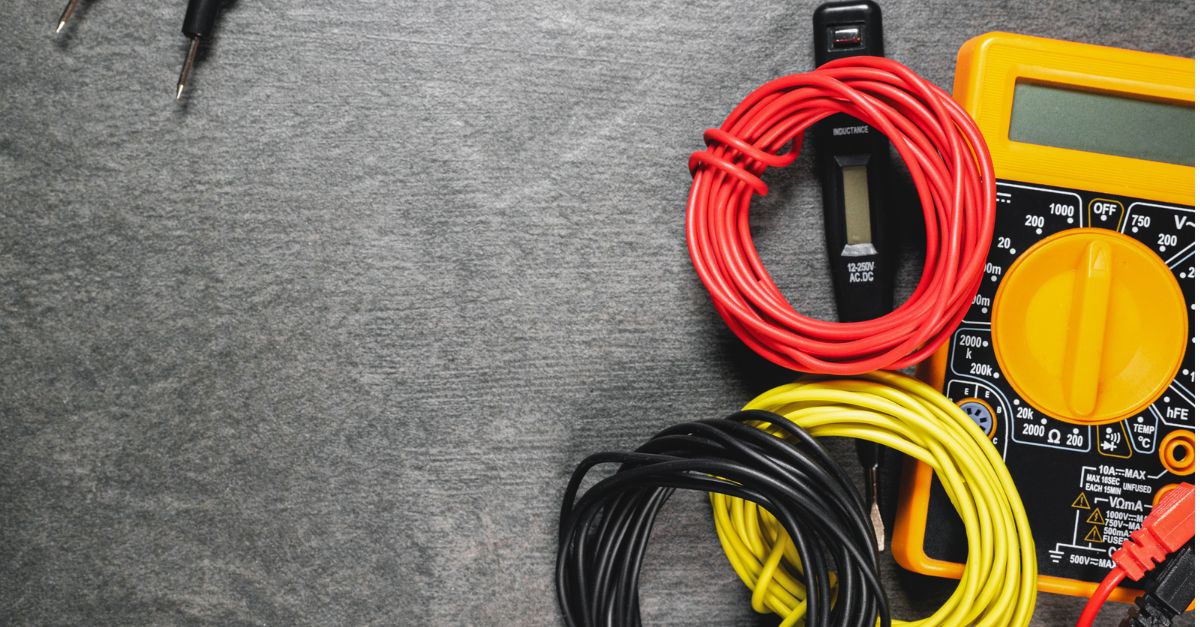If you’re involved in construction in North Carolina, it’s essential to understand when a license is required—not just for general contractors, but also for specialized trades such as electrical, plumbing, HVAC, and others. These specialty licenses are designed to ensure contractors have the proper training, certification, and oversight to safely and competently handle technical work.
So how do you know when a specialty trade license is legally required? Whether you’re a subcontractor, general contractor, or property owner hiring out a job, this guide outlines the kinds of projects that typically require a licensed trade professional—and where there may be exceptions.
What Is a Specialty Trade License?
In North Carolina, certain trades require their own specific licenses beyond a general contractor’s license. These are known as specialty contractor licenses, and they’re mandatory for professionals working in highly regulated areas such as:
- Electrical contracting
- Plumbing contracting
- Heating and air conditioning (HVAC)
- Refrigeration
- Fire sprinkler systems
- Well construction
- Irrigation systems
Each of these trades is regulated by its own licensing board—for example, the NC State Board of Examiners of Electrical Contractors or the NC State Board of Examiners of Plumbing, Heating, and Fire Sprinkler Contractors. These boards ensure contractors have the proper training, qualifications, and ongoing compliance to perform work safely and legally.
Projects That Typically Require a Specialty Trade License
In North Carolina, many types of construction work must be performed by a licensed specialist due to safety and code requirements. Here are common examples of projects that usually require a licensed trade professional:
1. Electrical System Installation or Repair
- Wiring a new home or home addition
- Installing or upgrading an electrical panel
- Replacing outdated wiring, such as knob-and-tube or aluminum
- Adding dedicated circuits for appliances, HVAC systems, or lighting
Even smaller electrical tasks like installing recessed lights or adding outlets, may legally require a licensed electrician, unless the work is being done by the homeowner on their own primary residence.
2. Plumbing Work Involving Water Supply or Drainage Systems
- Running new plumbing lines for kitchens, bathrooms, or additions
- Installing or replacing water heaters
- Repairing or laying new sewer or drain lines
- Setting or swapping out toilets, bathtubs, or other major fixtures
While minor repairs like changing out a faucet or showerhead generally don’t require a license, most projects involving piping systems do. Additionally, any plumbing work that takes place outside the property’s footprint (such as along an easement) or that affects occupancy will require a licensed plumbing contractor.
3. HVAC System Installation or Replacement
- Installing a new heating or air conditioning system
- Replacing a furnace, heat pump, or central AC unit
- Designing and installing ductwork
- Installing or servicing commercial refrigeration units
Homeowners are allowed to perform HVAC work on their own primary residence—as long as they live in the home at the time of the work and continue to do so for at least 12 months afterward. For all other situations, HVAC work must be completed by a licensed contractor.
4. Fire Sprinkler, Well, or Irrigation Systems
- Installing or altering fire sprinkler systems
- Drilling, installing, or repairing wells
- Installing irrigation systems for landscaping or agriculture
These types of projects generally require a licensed professional, whether the work is being done on a residential or commercial property—even if the property owner wants to do it themselves.
Projects That May NOT Require a Specialty Trade License
Not all construction or repair jobs require a licensed trade professional—particularly if the work is minor, non-technical, or falls under certain cost thresholds.
1. Basic Repairs and Routine Maintenance
- Fixing a dripping faucet or clearing a clogged drain
- Replacing a light fixture or ceiling fan (when amperage and wiring remain unchanged)
- Installing a new thermostat
- Cosmetic repairs like painting or patching drywall near plumbing or electrical components
These types of tasks typically don’t require a specialty license, but always check local building codes and permitting requirements before starting work.
2. Work Completed by the Property Owner
In North Carolina, homeowners are generally allowed to perform plumbing, electrical, HVAC, or other specialty trade work on their own homes without holding a specialty license—provided the work is not being done with the intent to sell or rent the property. Even so, they must still follow all applicable building codes and secure the necessary permits to ensure the work meets safety standards.
3. Projects Under Certain Cost Limits
Some specialty trade work may not require a license if the total project cost falls below a specific dollar amount, though this depends on the trade and local regulations. In North Carolina, the general financial threshold for requiring licensure across trades is usually $40,000. However, requirements can vary by jurisdiction, so it’s important to verify with your local permitting or inspection office before starting any project.
Why It Matters: Legal and Financial Consequences
Doing specialty trade work without the proper license can lead to serious legal and financial consequences, including:
- Fines or disciplinary action from state licensing boards
- Denied permits or failed inspections
- Loss of payment. Contracts performed by unlicensed contractors may not be enforceable in court
- Increased liability if the work results in damage, such as a fire or flood
When to Seek Help with Specialty Trade Licenses in North Carolina
If you’re unsure whether a license is required for a particular project, it’s always better to confirm with the appropriate licensing board or consult a qualified construction attorney.
At Anderson Legal, we help contractors, developers, and construction professionals across North Carolina navigate licensing laws and avoid costly mistakes. If you have questions about trade licensing, compliance, or construction contracts, contact our team today.
Nothing on this website or this blog should be considered legal advice. Anderson Legal does not represent you and no client-attorney relationship is formed until you have completed our clienti ntake process.

